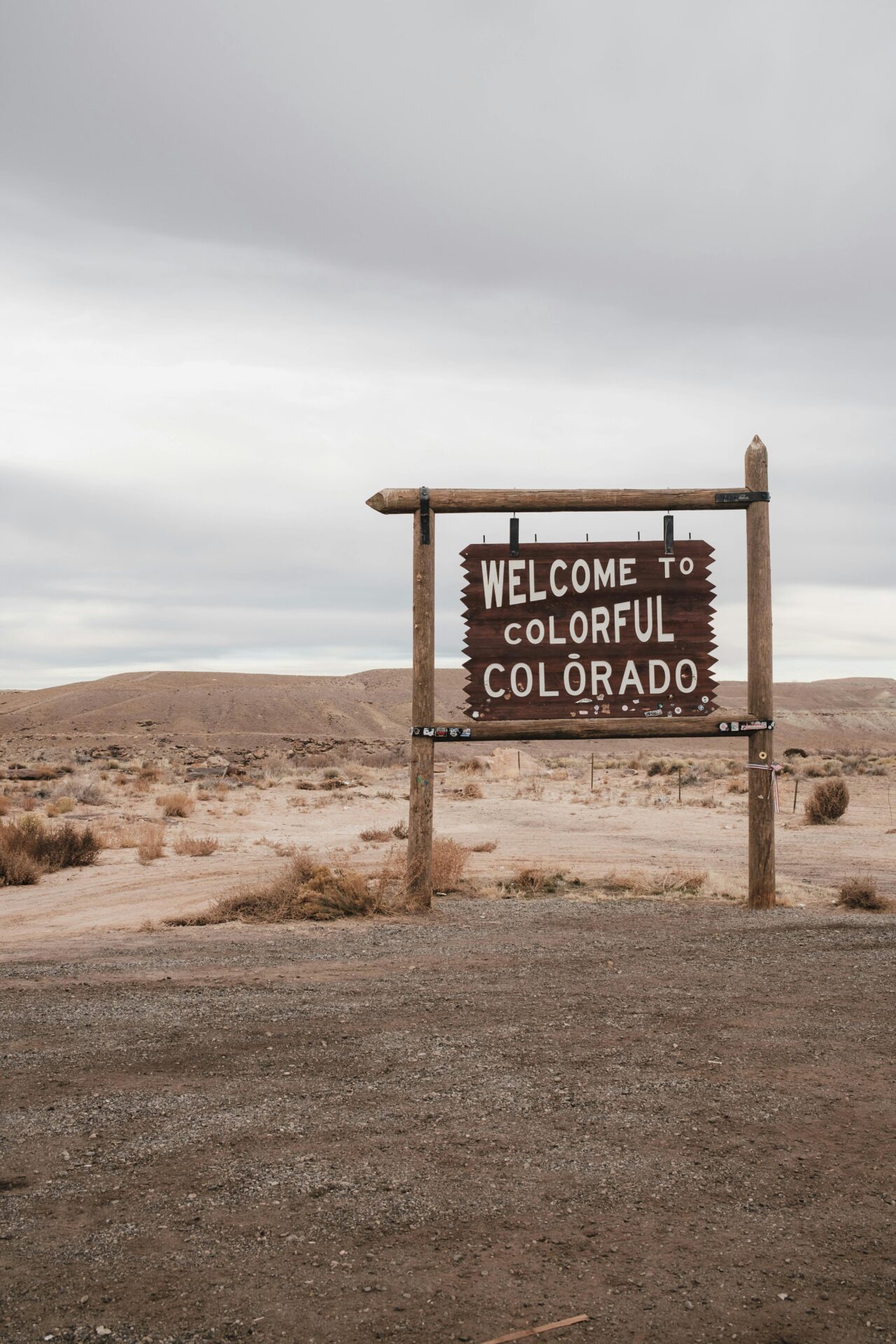By Roberto Esteban Vera
On Monday, Mar. 25th, the city of Aurora passed a resolution on a 7-3 majority vote declaring themselves a non-sanctuary city. A statement later released by the City of Aurora helped to clarify the decision’s meaning and implications,
“The City Council will not allocate public funds, services, or staff resources for migrant support,” the statement said.
This decision has been polarizing, to say the least. On one side, people like Danielle Jurinsky — one of ten Aurora City Council members — reject claims that the resolution is xenophobic by arguing that Aurora cannot use city resources to house migrants. On the other side, some insist that the decision is discriminatory, or even an easy way out of addressing a larger issue.
Deep Gulasekaram, Provost Law Professor at the University of Colorado Boulder, cleared up some ambiguities regarding the resolution. He initially stated that the term “sanctuary” is nebulous because it did not begin in legal spheres. In fact, it originated through churches that provided shelter for migrants in the 1980s. He said that when localities call themselves a sanctuary or a non-welcoming city, they are only expressing a sentiment towards migrants. Gulasekaram also explained that this label has no on-the-ground effect because ultimately, it is the federal government, and not localities, that has the power to change the legislature.
So, if declaring oneself a sanctuary or a non-welcoming city has almost no direct effect, then why do cities bother? Even if the federal government has the power to change laws, they still depend on cities’ cooperation in order to enforce homeland security. For example, the city of San Francisco provided resources to migrants and passed restrictions on how local authorities could communicate with the federal government; this slows ICE down. In other places like Texas, localities are more willing to assist the federal government with information that speeds up the rate of lawful arrests on non-citizens.
We may see that the system in place gives states and localities less power than the federal government. When Gulasekaram was asked whether giving power to smaller forms of government would be a more effective way to handle the issue of illegal immigration, he said that this would only create further division within the U.S. that could hinder progress towards an equitable future.
“It might be difficult to say you have more say with regards to only things that help migrants, and no say with regards with things that are more enforcement-minded,” Gulasekaram said.
Gulasekaram made an interesting point: If we want to create a better future for all people in this country, we may need to rethink the idea of unlawful presence. He closed with a more realistic note, saying that migration is not to be demonized; that it is a natural part of human history. With this in mind, we may as well put our brains together — whether liberal or conservative — and find a solution.

